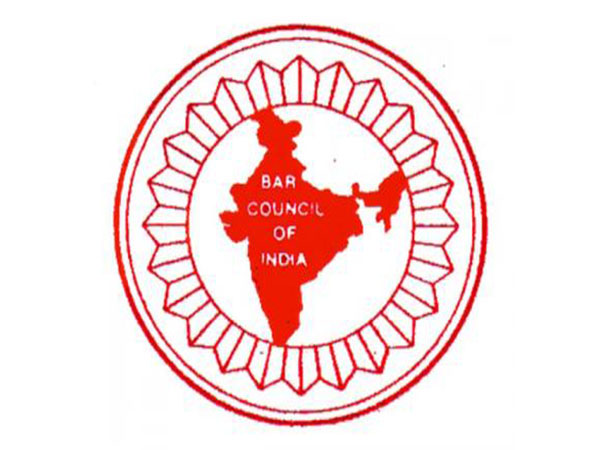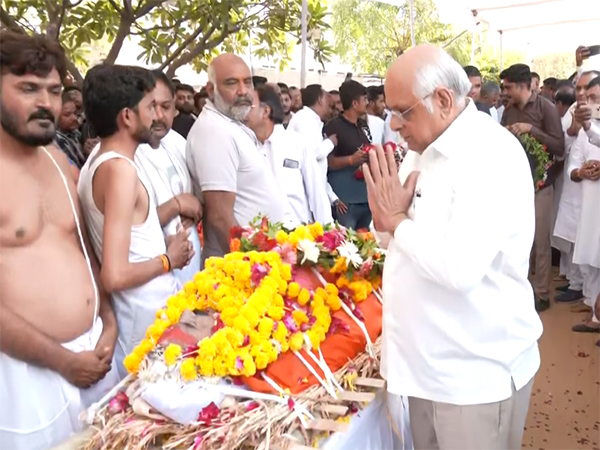BSP Chief hails SC rulings on Madrasa Education Board Act and for limiting government's authority over private property
Nov 05, 2024

Lucknow (Uttar Pradesh) [india], November 5 : Bahujan Samaj Party (BSP) Chief Mayawati on Tuesday welcomed the Supreme Court's recent rulings, which uphold the constitutionality of the UP Madrasa Education Board Act-2004 and limit the government's authority over private property.
In her post, Mayawati praised the Supreme Court for declaring the UP Madrasa Education Board Act-2004 as "legal and constitutional."
https://x.com/Mayawati/status/1853715871149216045
She said, "This decision is expected to resolve disputes and remove uncertainties surrounding madrasa education in Uttar Pradesh. Proper implementation of this decision is essential. Following the Supreme Court's decision, there is now a prospect of stability in the recognition and smooth functioning of madrasas in UP." She added, "The court stated that the provisions of the Madrasa Act align with constitutional values and protect the educational rights of religious minorities."
https://x.com/Mayawati/status/1853715815889342541
Mayawati also welcomed the Supreme Court's decision by a 9-judge bench, which ruled that "not all private properties should be considered community assets under Article 39(b) of the Constitution, and prevented their acquisition. Until now, the government had the authority to acquire all private properties for the common good."
Earlier in the day, the Supreme Court upheld the constitutional validity of the Uttar Pradesh Board of Madrasa Education Act 2004, setting aside the Allahabad High Court's March 22 verdict that had struck down the Act. A bench led by Chief Justice of India D.Y. Chandrachud and Justices JB Pardiwala and Manoj Misra found the Act unconstitutional to the extent that it regulates higher education in relation to 'Fazil' and 'Kamil,' conflicting with the UGC Act.
The bench clarified that the Madrasa Act regulates educational standards in Uttar Pradesh, stating that the right of minorities to administer educational institutions is not absolute and that the state can regulate educational standards. The Allahabad High Court had previously struck down the Act for violating the principles of secularism, a core aspect of the Constitution's basic structure.
The Supreme Court noted that while a law can be struck down for violating fundamental rights or legislative competence, it cannot be invalidated solely for violating the basic structure. The Court's ruling emphasized the need for the legislative scheme of the Act to standardize education levels in madrasas, stating that it does not interfere with their daily operations. The verdict aims to protect the rights of minorities in Uttar Pradesh and ensure that students can graduate and secure decent employment.
During the hearings, the apex court described India as a "melting pot of cultures, civilizations, and religions," stressing the importance of preserving this diversity. The National Commission for Protection of Child Rights (NCPCR) argued that the education provided in madrasas was not comprehensive, which contradicted the provisions of the Right to Education Act, 2009. The Uttar Pradesh government supported the legislation and accepted the ruling.
The Supreme Court's decision followed appeals against the High Court's judgment, which had found the UP Board of Madrasa Education Act 2004 unconstitutional and violative of secularism and fundamental rights. The appeals were filed by various associations, including the Managers Association Madaris Arabiya (UP) and the All India Teachers Association Madaris Arabiya (New Delhi). Madrasas are institutions where students pursue Islamic studies along with other education. The Allahabad High Court had previously urged the state to ensure that students in Uttar Pradesh's madrasas could transition to other schools.

















